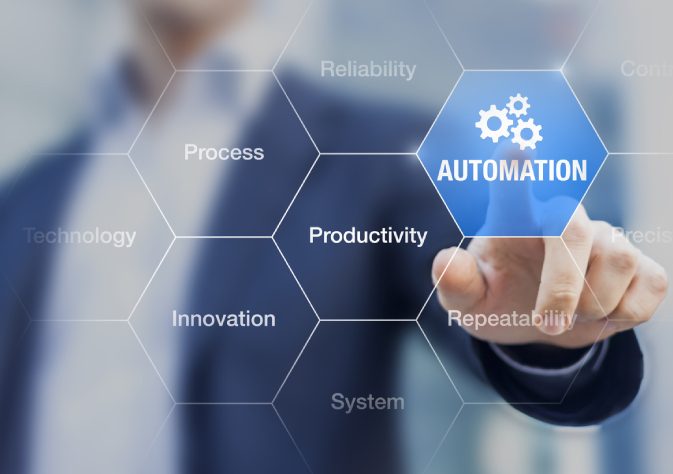What is industrial automation?
The manufacturing industries have developed hundreds of innovative ways to detect and solve their impediments. The growth of technology and automation is the one for which the manufacturers develop faith and share their credit. From the 1970s the industrial manufacturers are using programming controllers for minimizing the workload at production lines. The perfect definition for the industrial automation is “continuity of innovation”, the industrial automation is developing wide-range sensors, amplifiers, robots, and artificial intelligence to access help to their production lines.
The automation in manufacturing industries reduces the manual work and replaces it with powerful machine work to maintain quality, accuracy, and pace. The automation can be electronic, mechanical, and hydraulic suspensions. Manufacturing industries use large sizes of structural components and using technology can help the manufacturing industries to improvise their production standards. The industrial robots are reliable, sustainable, and durable and can work for long hours without any intervals to meet up large production demands.
What is the process of evolution of industrial automation?
The new industrial robots can help the manufacturers to achieve the production demand at a rapid pace. The industrial robots are compiling with artificial intelligence to create a new type of robot called “collaborative robots”. The collaborative robots are different from industrial robots in several aspects. Let’s discuss some of the uncommon and paramount distinguishes between a collaborative robot and a conventional robot.
Differences between collaborative and conventional robots
The older generations of robots need manual input of commands to perform a task. They are capable to perform the task based on input and lack of intelligence. The collaborative robots are the update forms of conventional robots. The industrial manufacturers can make these robots work for multiple tasks with a single input and hence can reduce men from work. Theses collaborative robots can even work with radioactive rays which might reduce human risks of working in nuclear power plants.
What are the benefits of automation in manufacturing industries?
The major problem concern with industrial automation is its maintenance and durability. The developed industrial robots are easy to control and demand less maintenance charges. The controller of the robot does not need any programming skills to function.
The involvement of artificial intelligence will make the robots capable to predict changes and make them compatible with the change. Such robots can complete complicated tasks without any human help.

